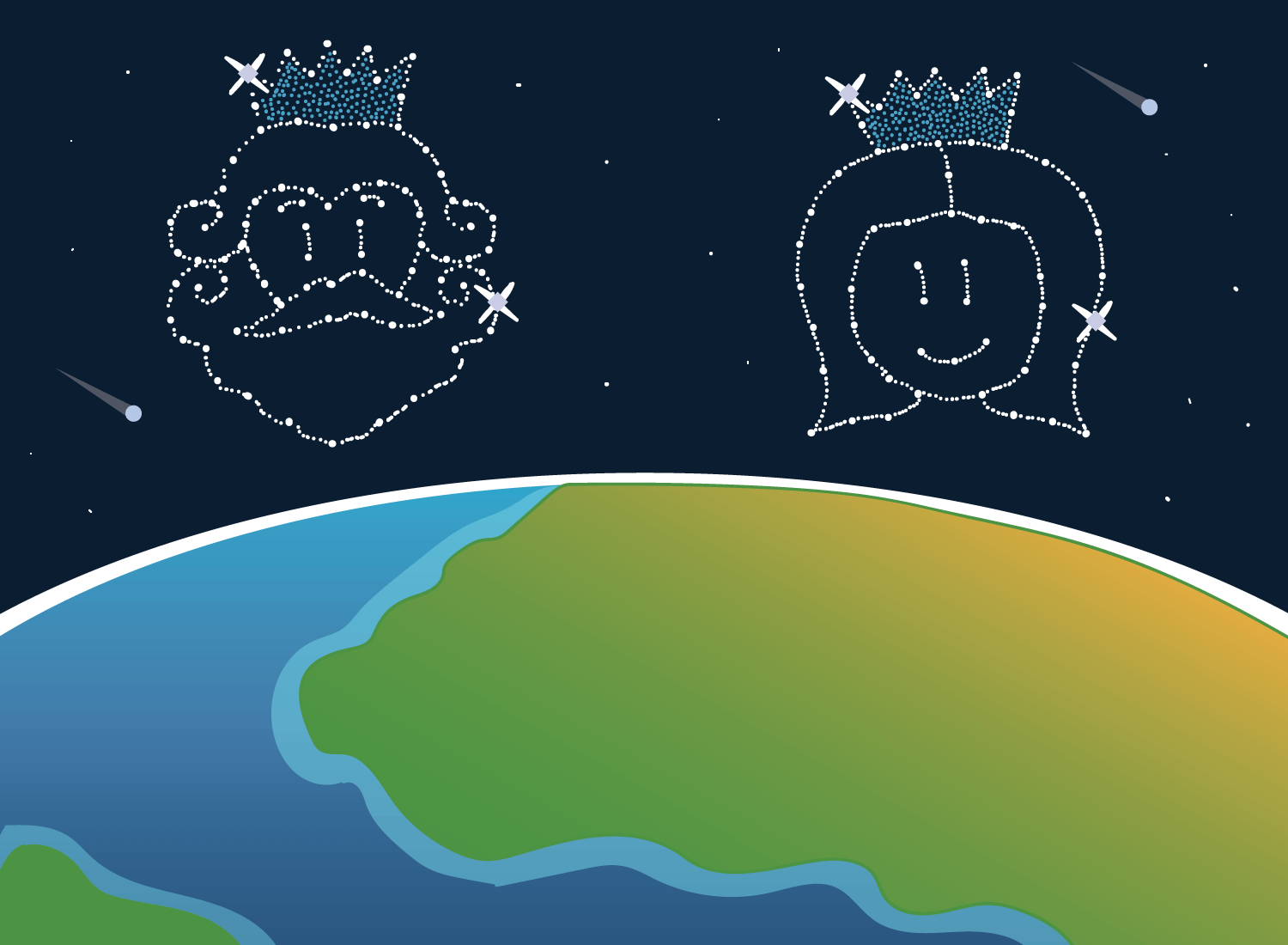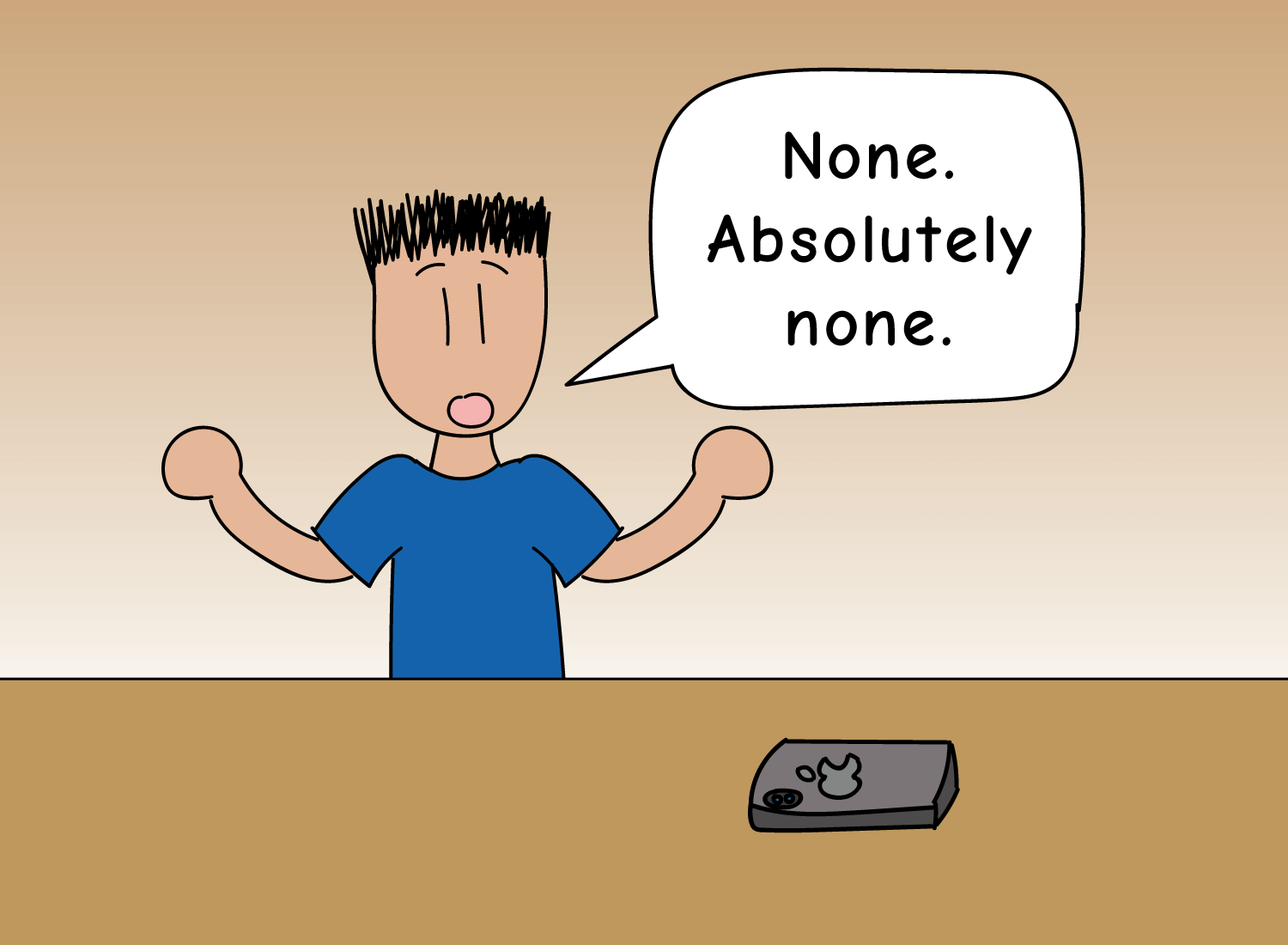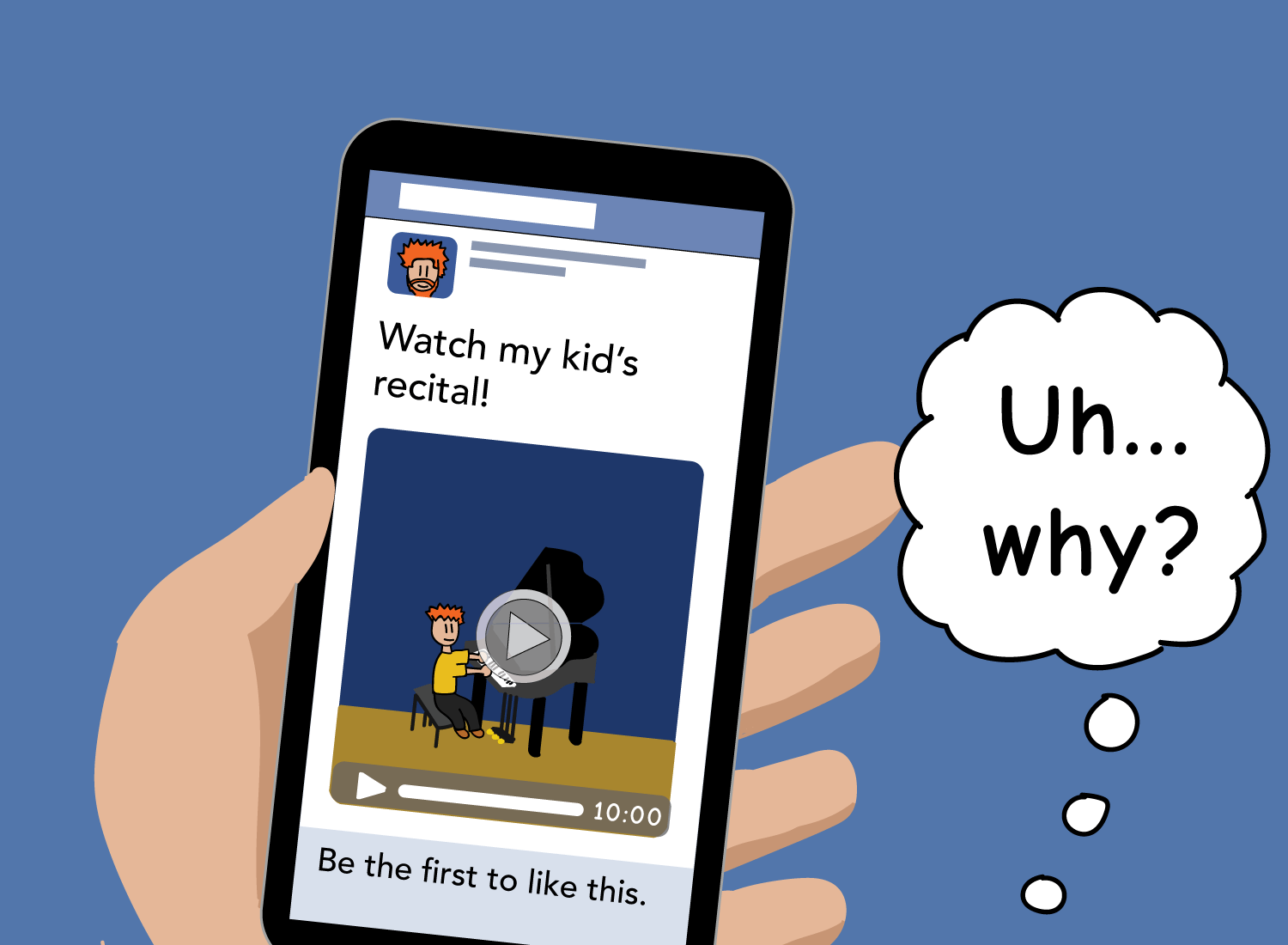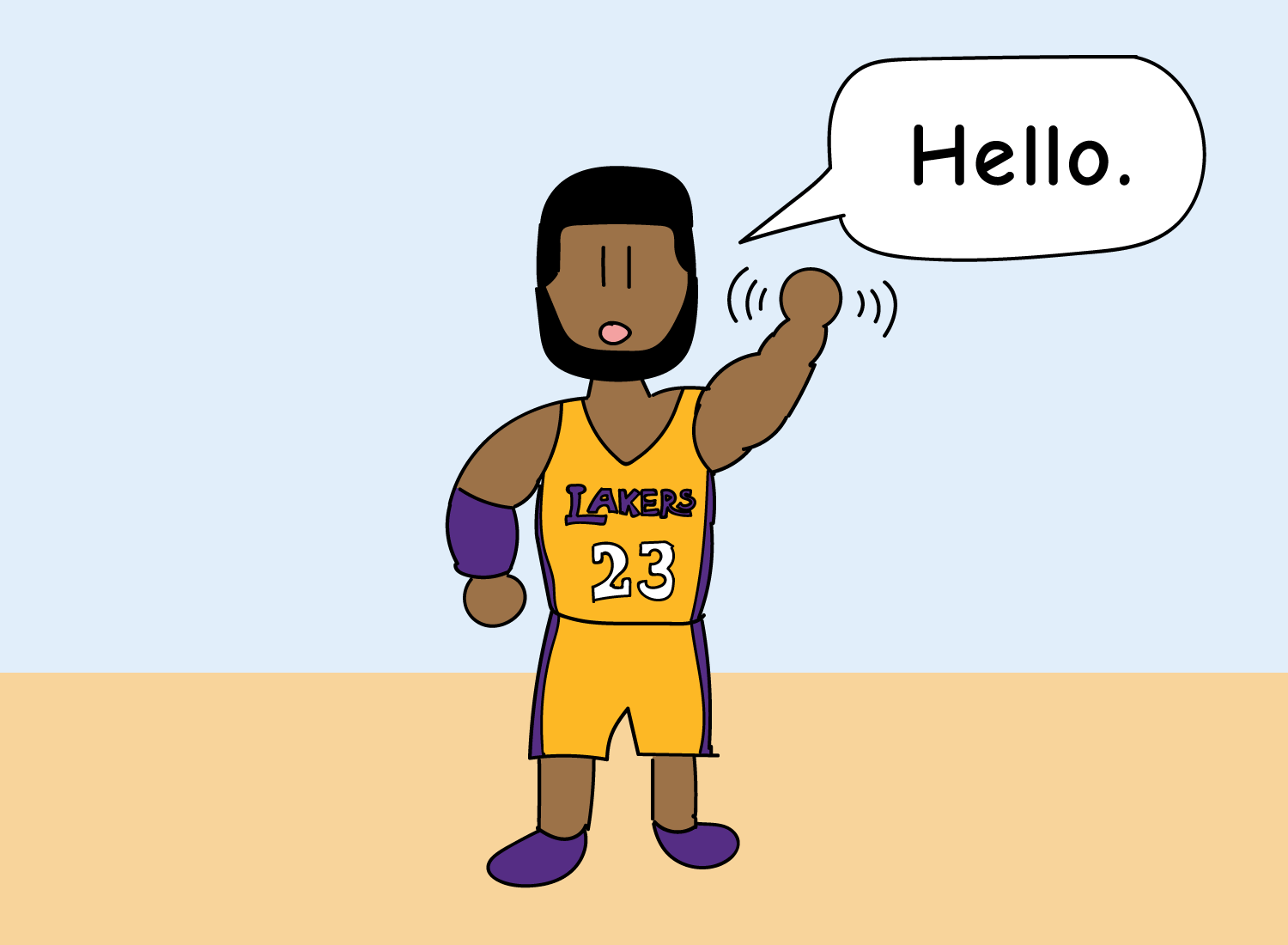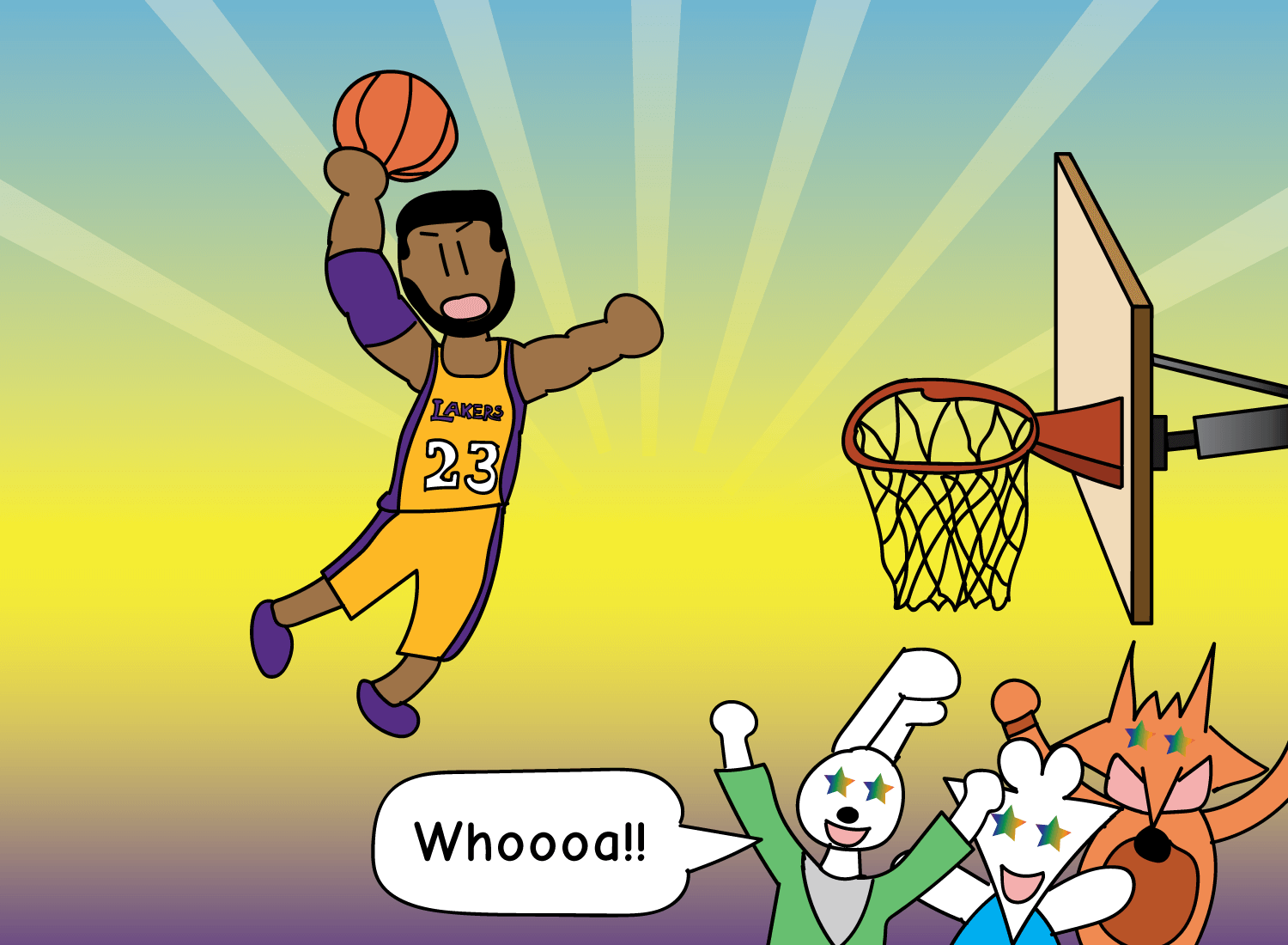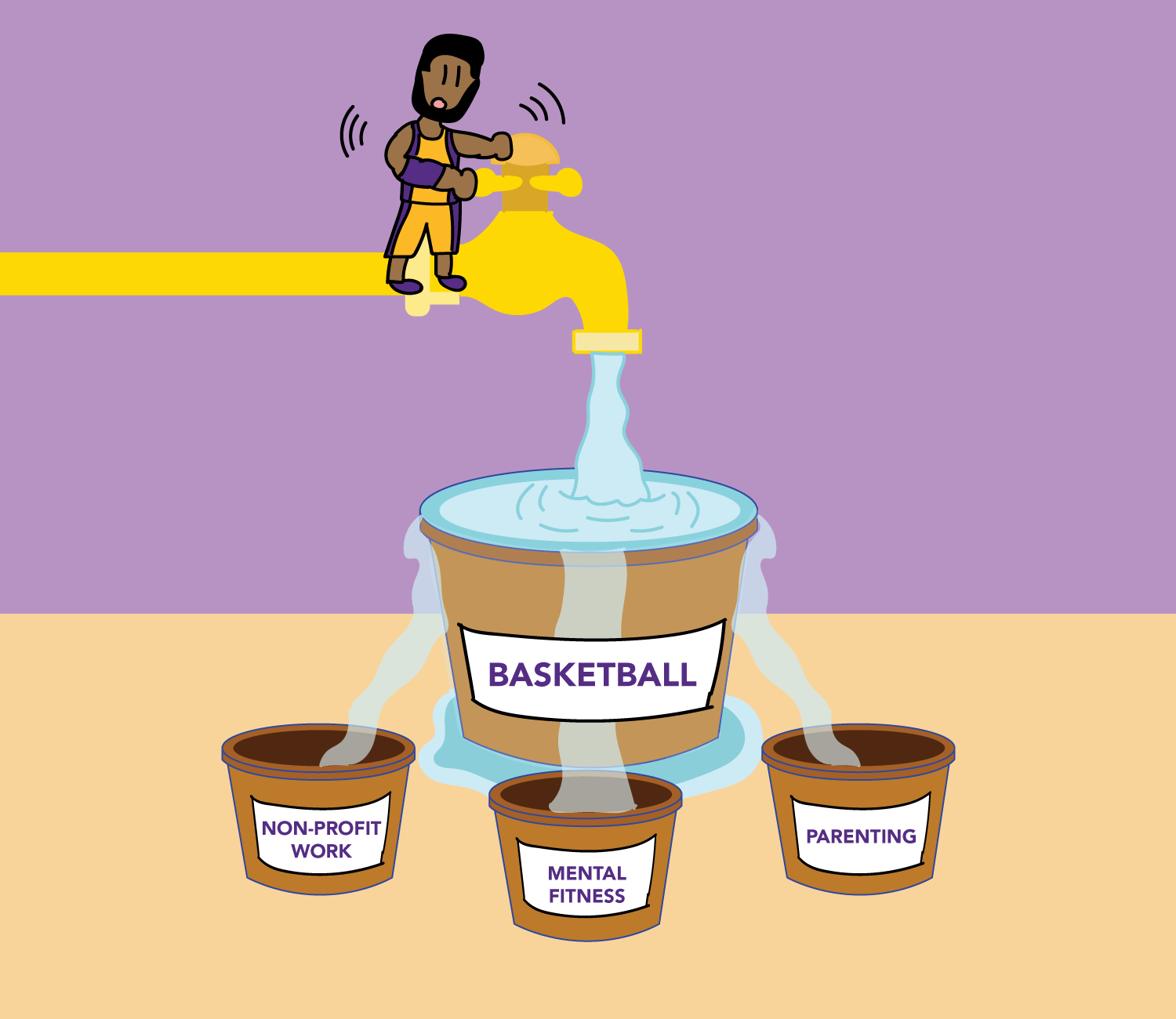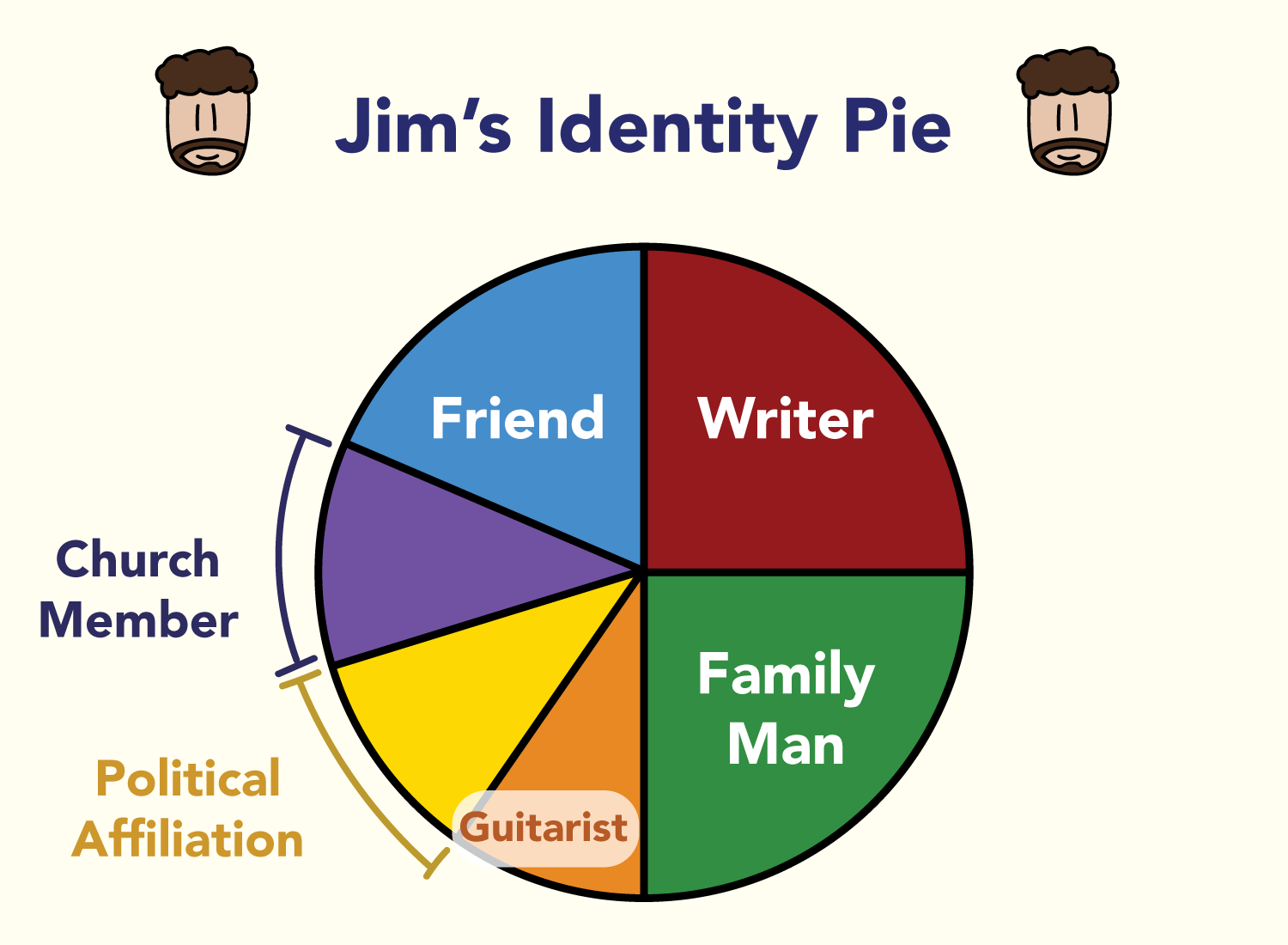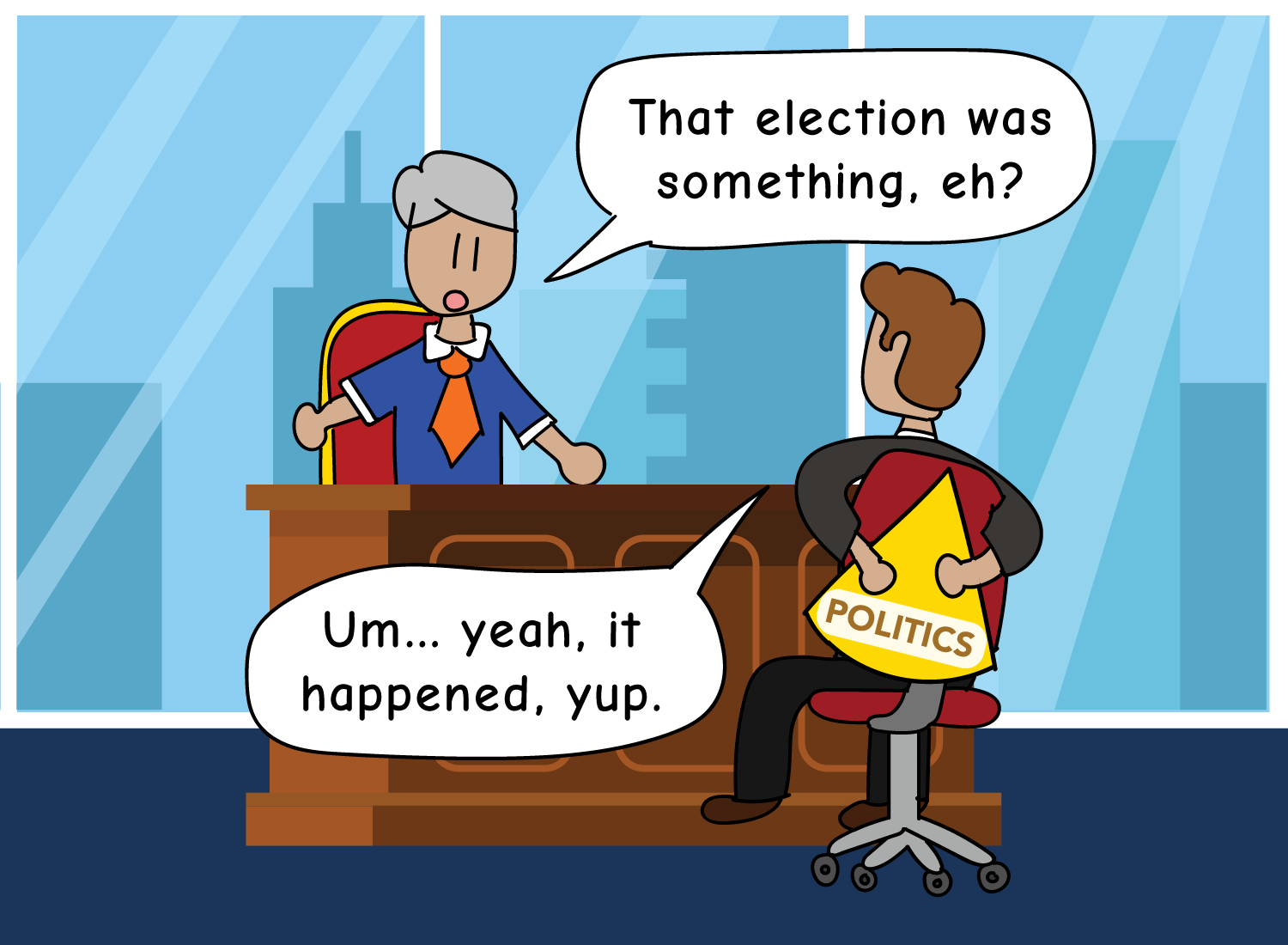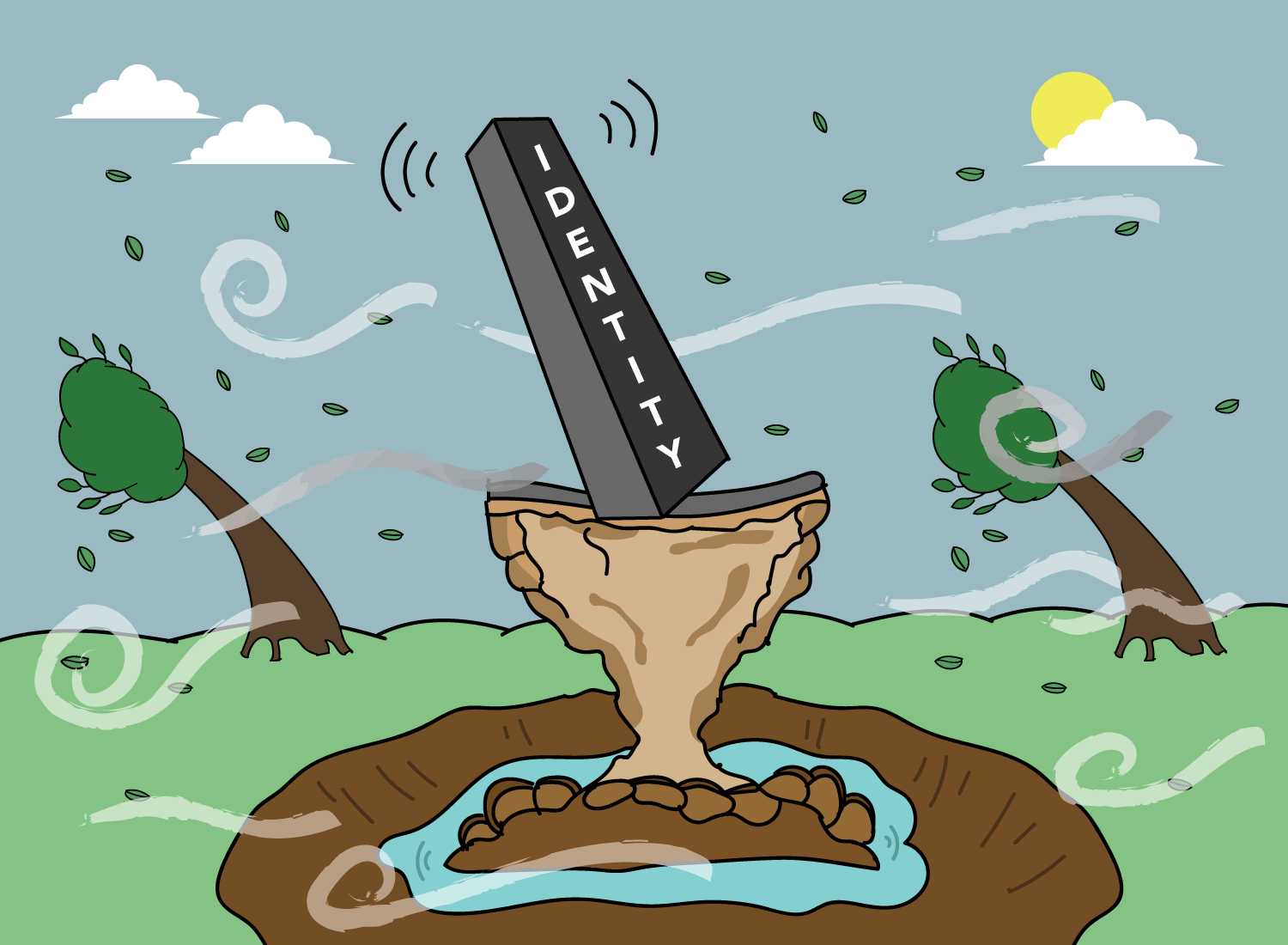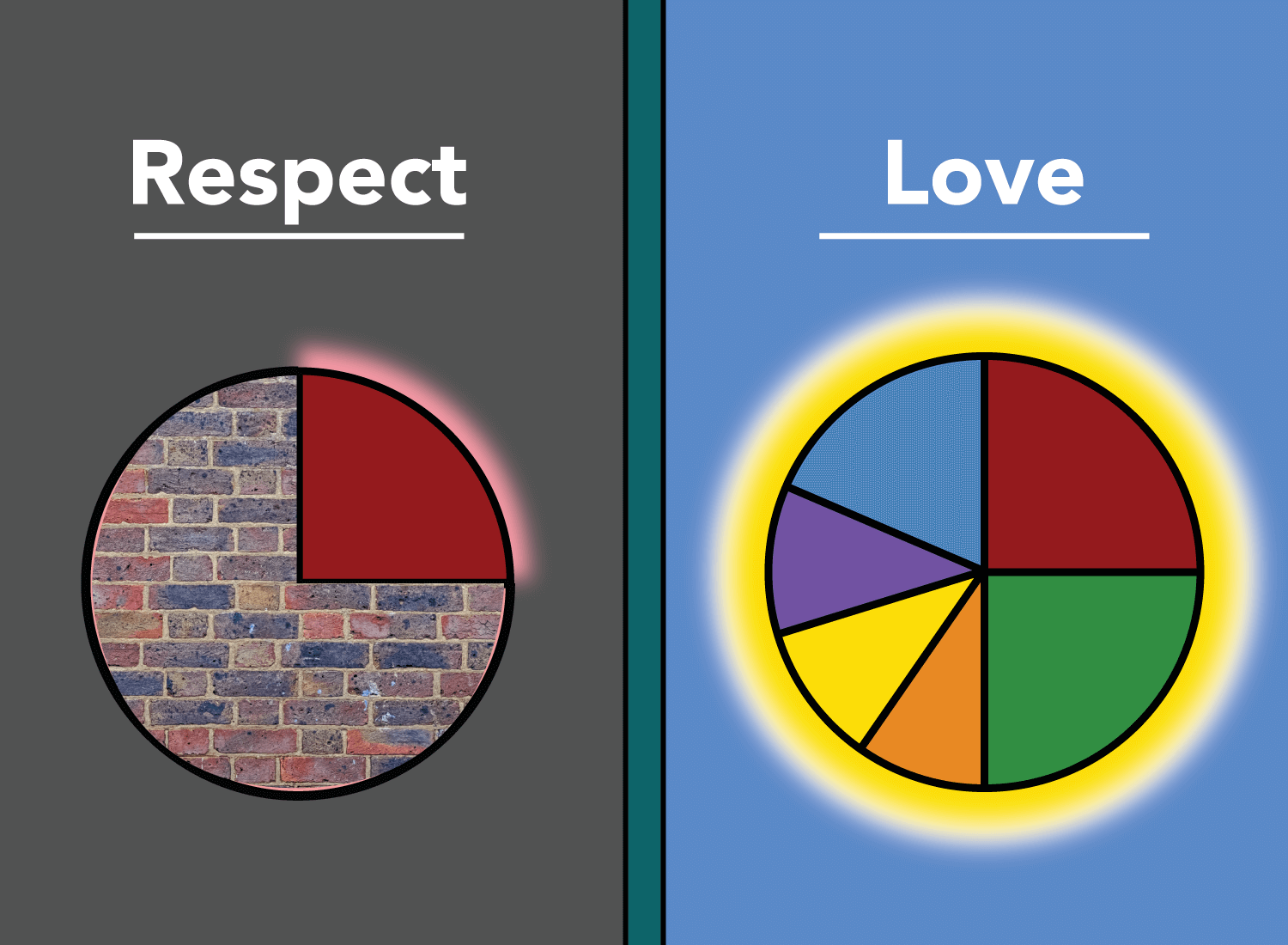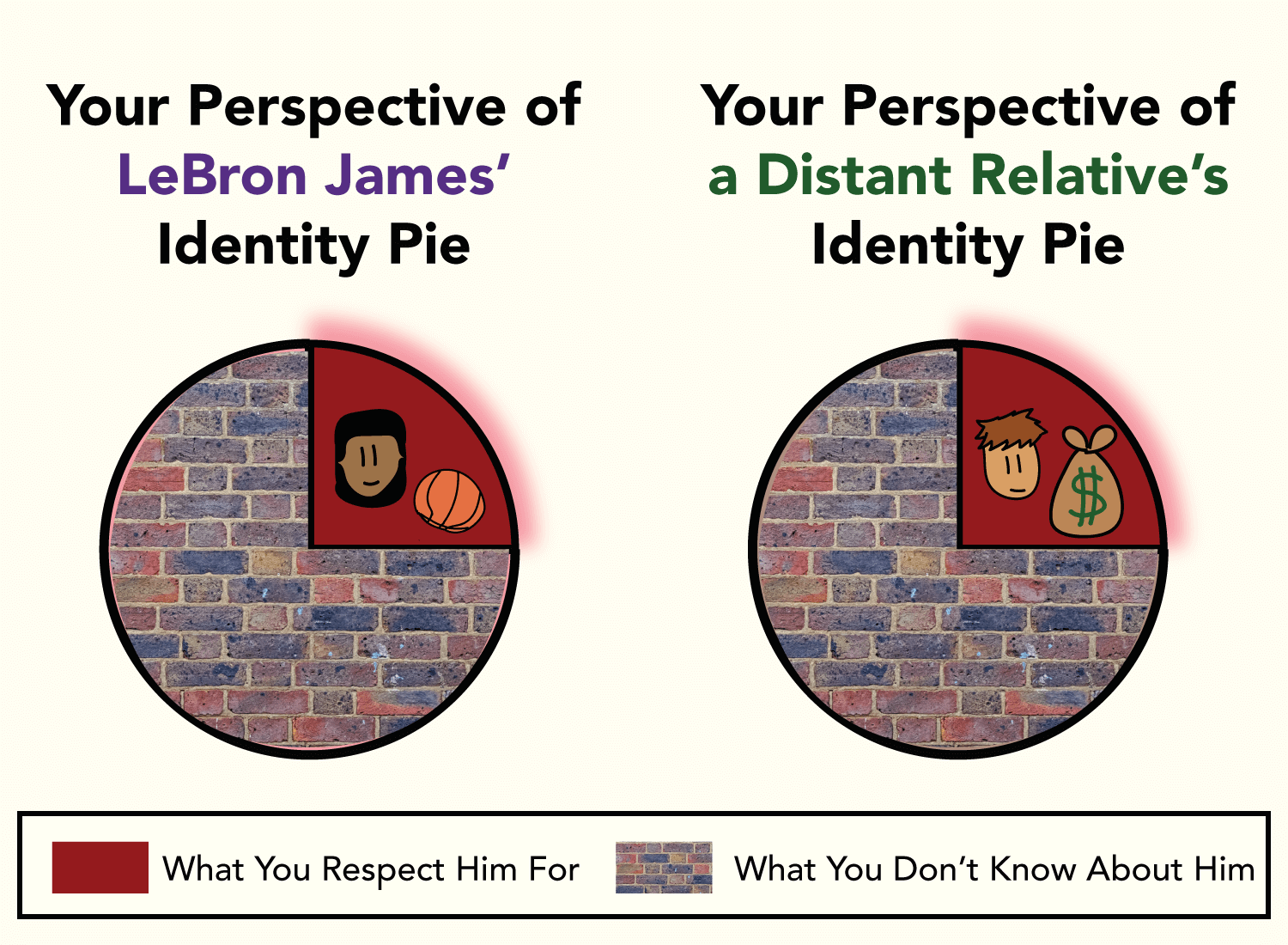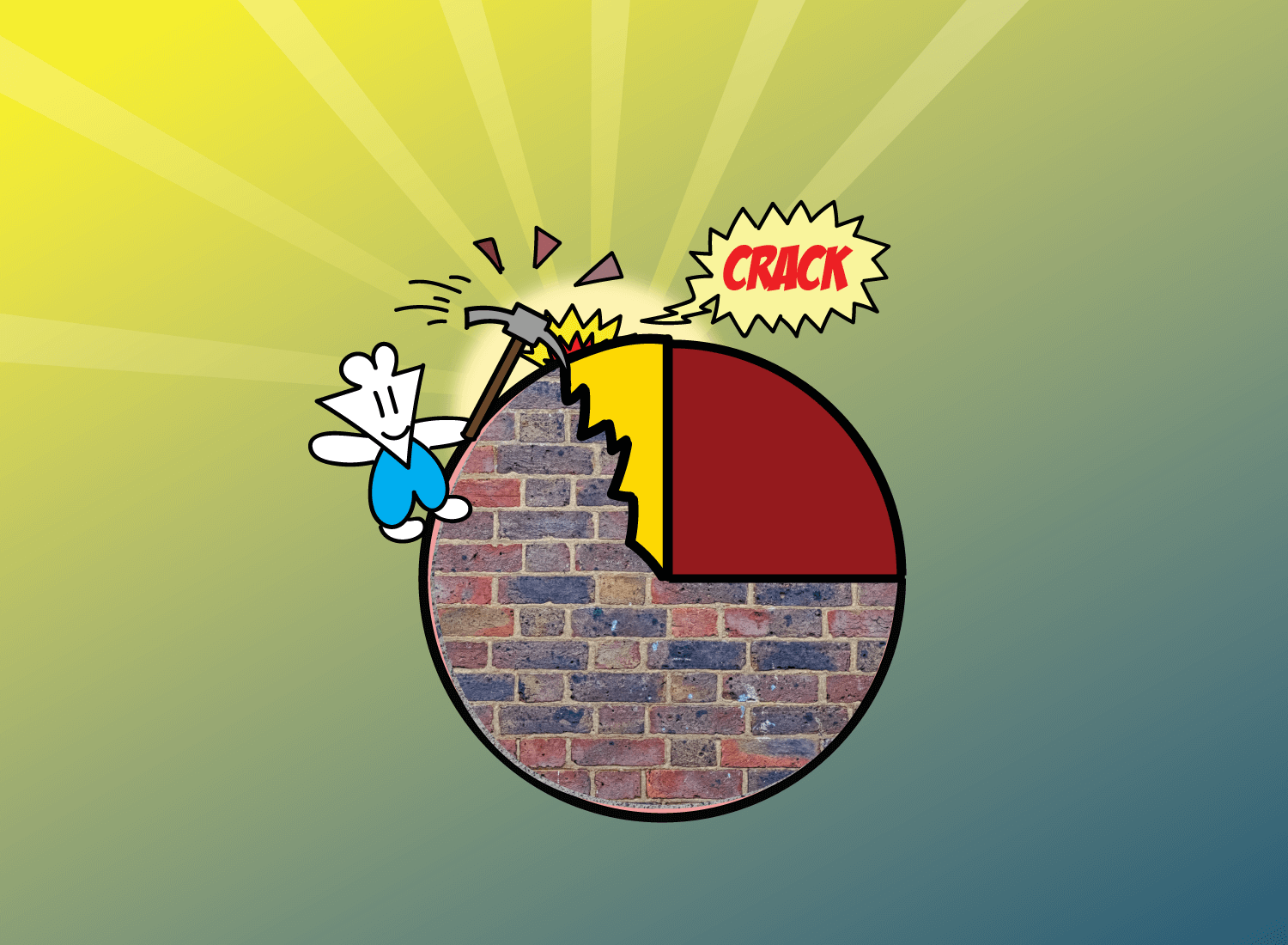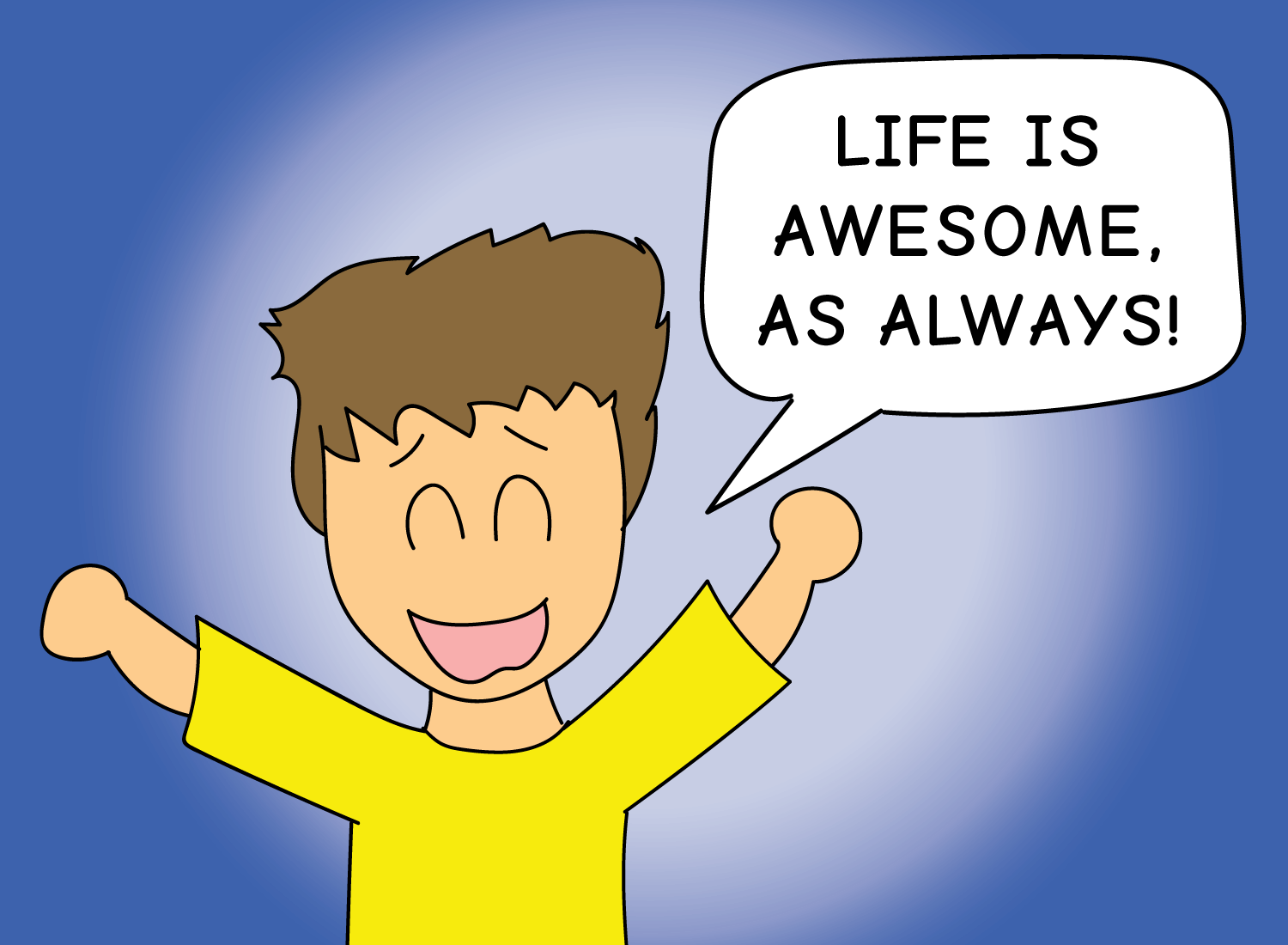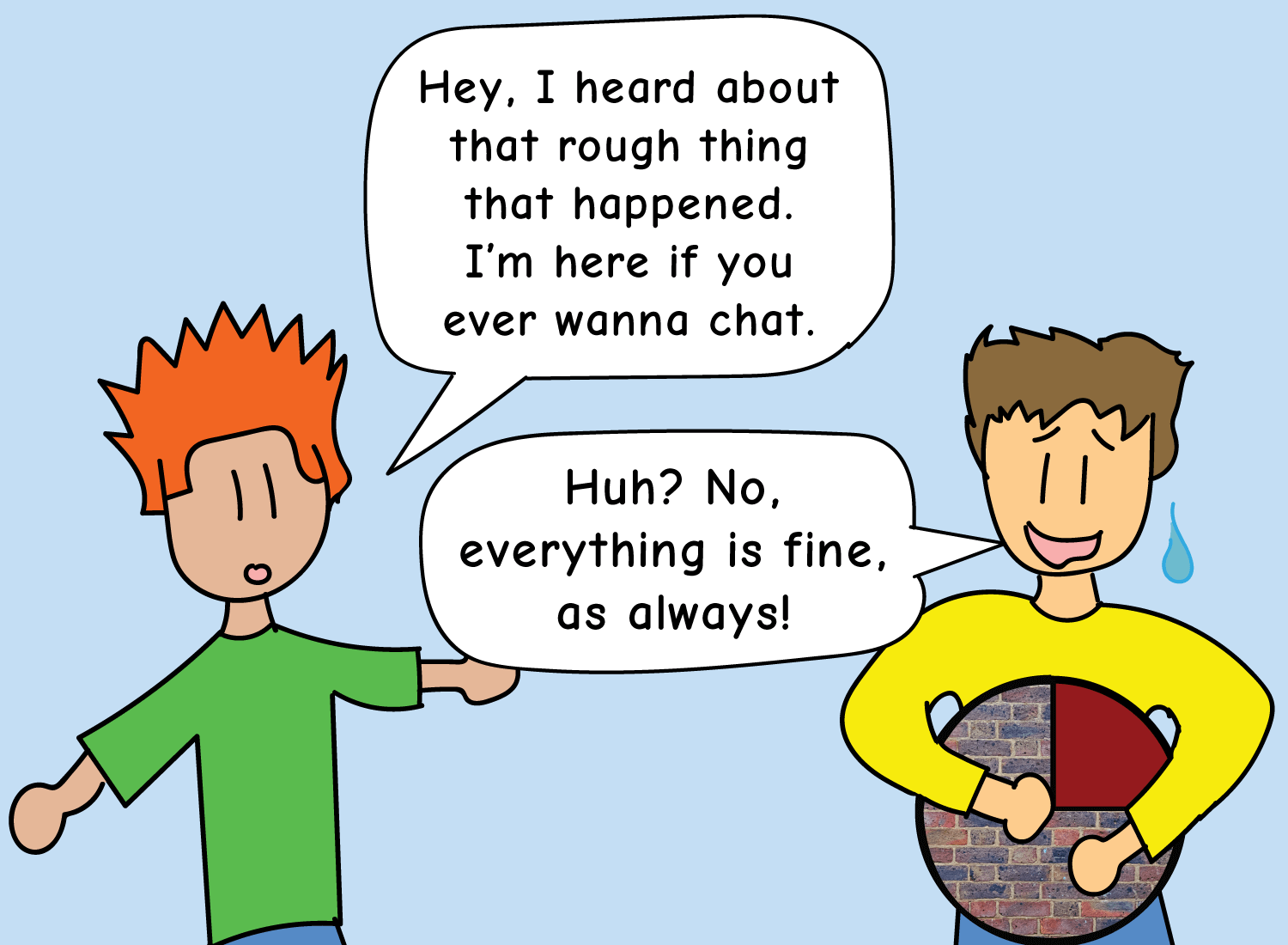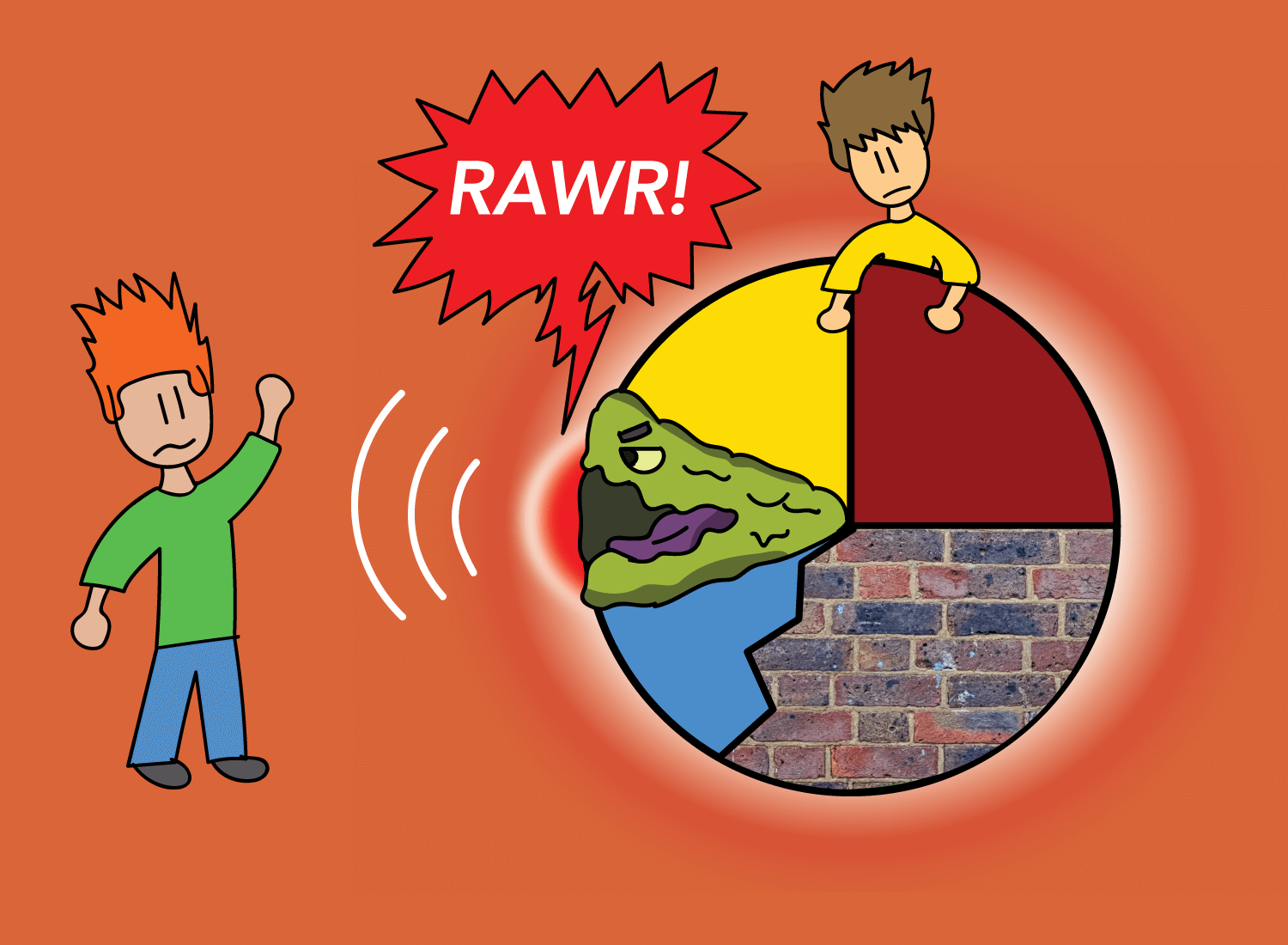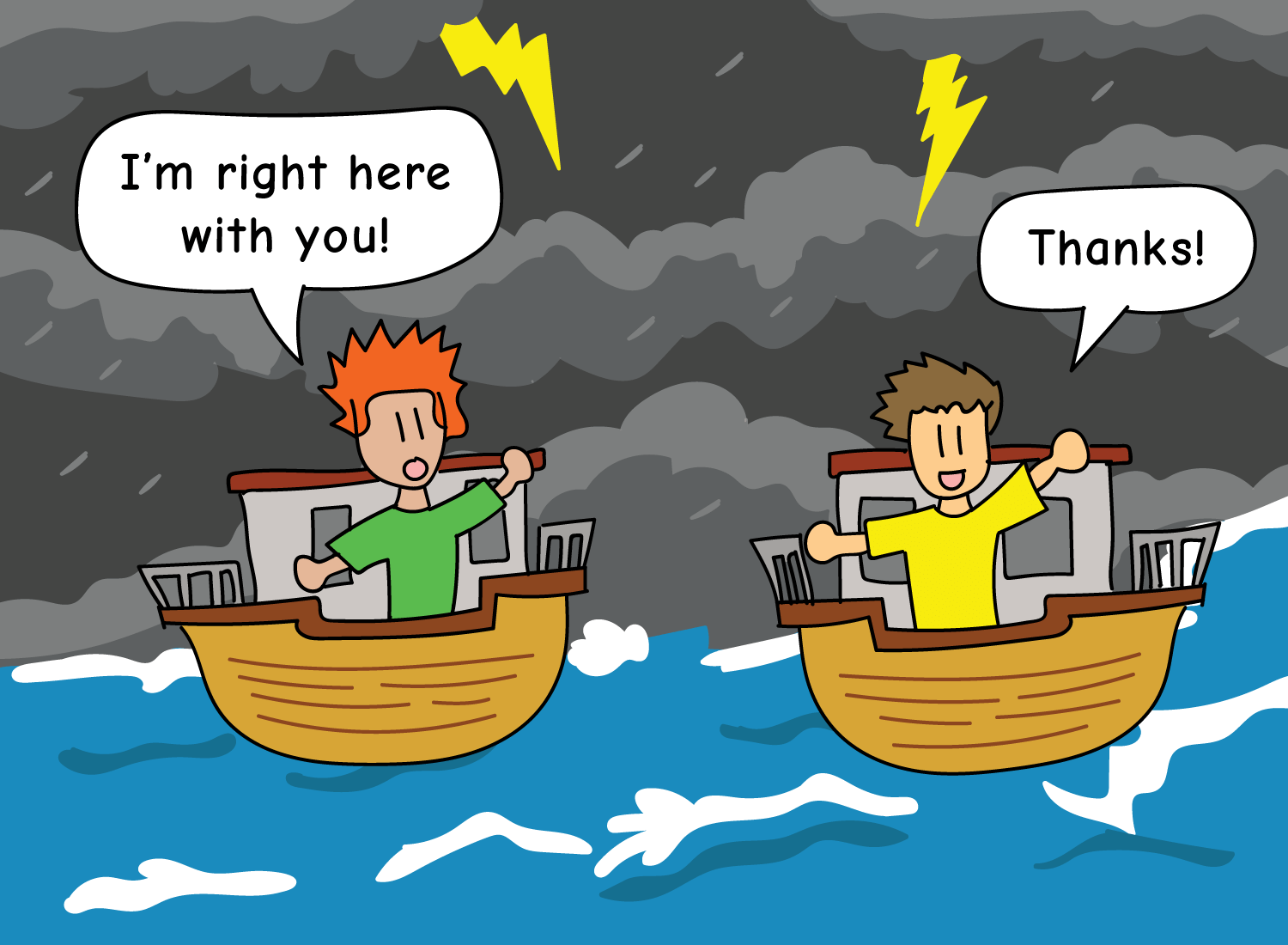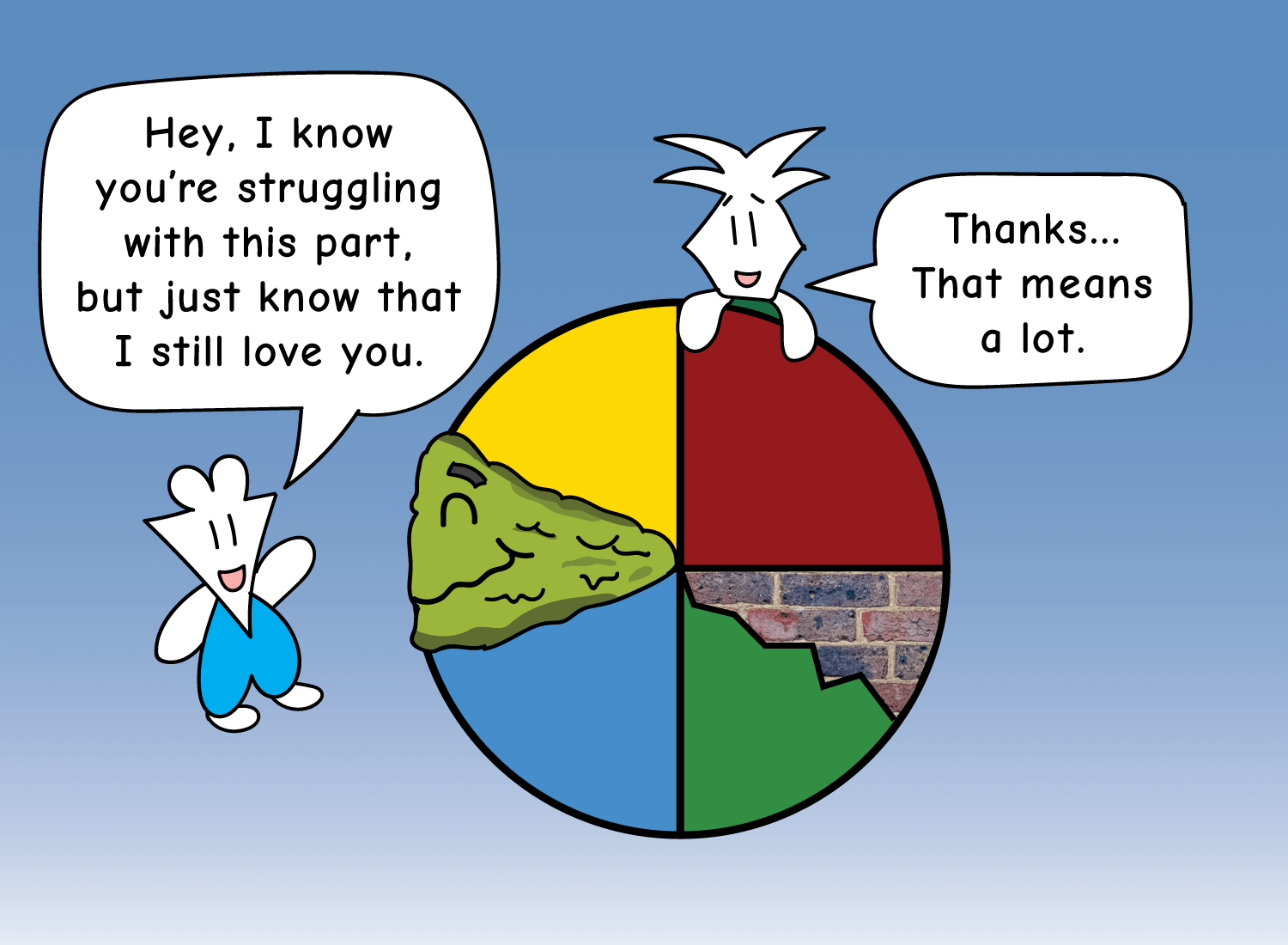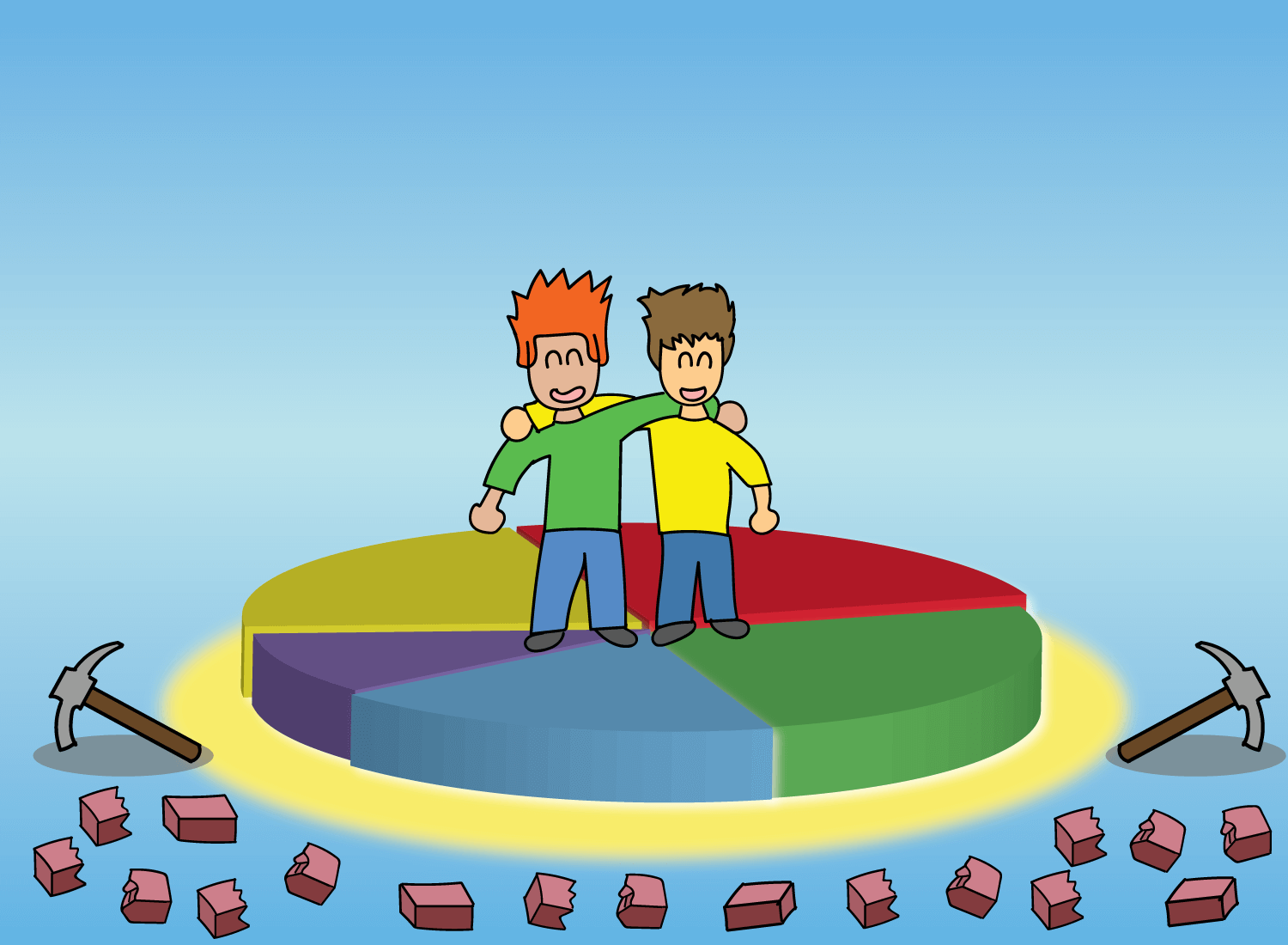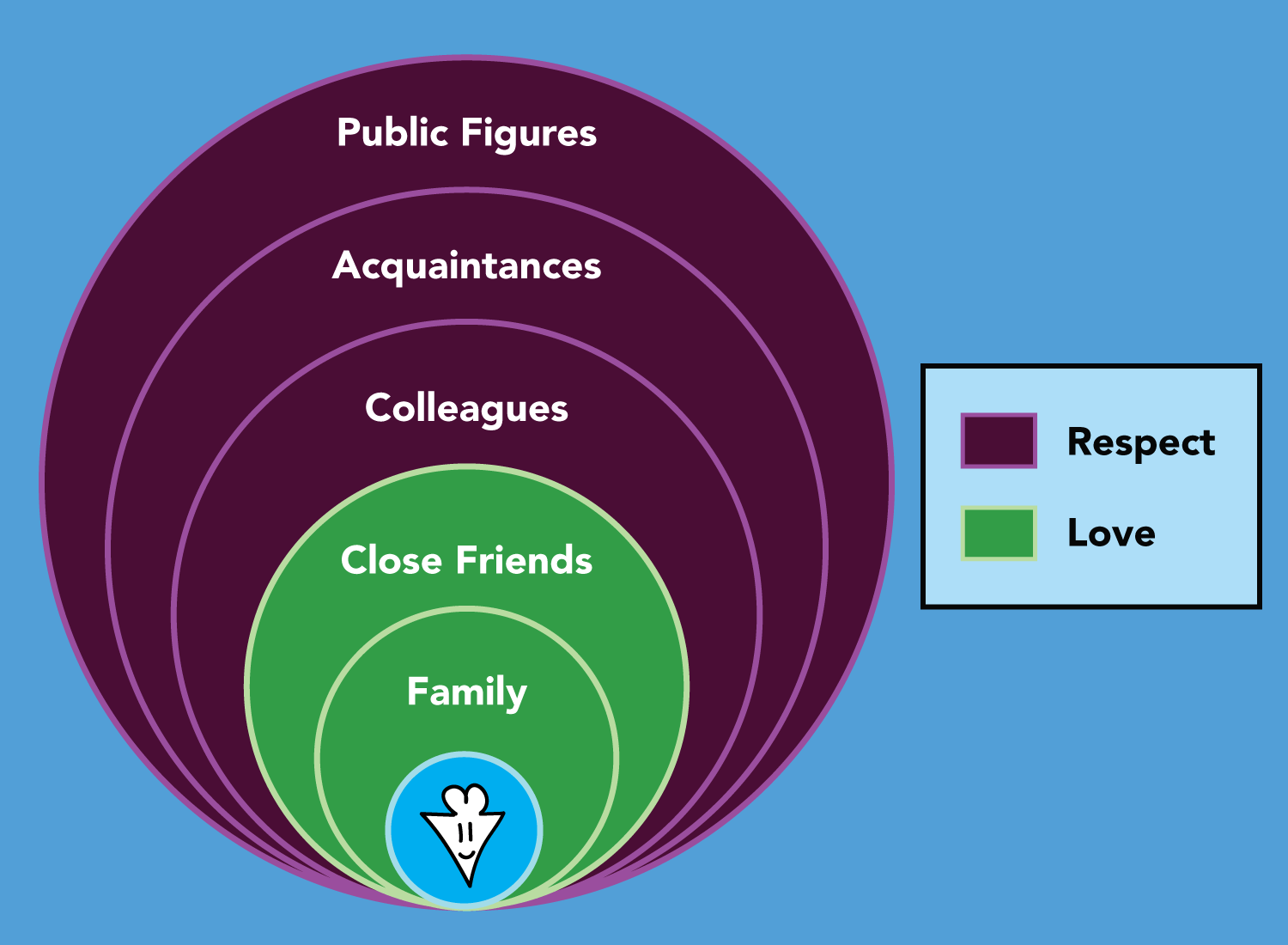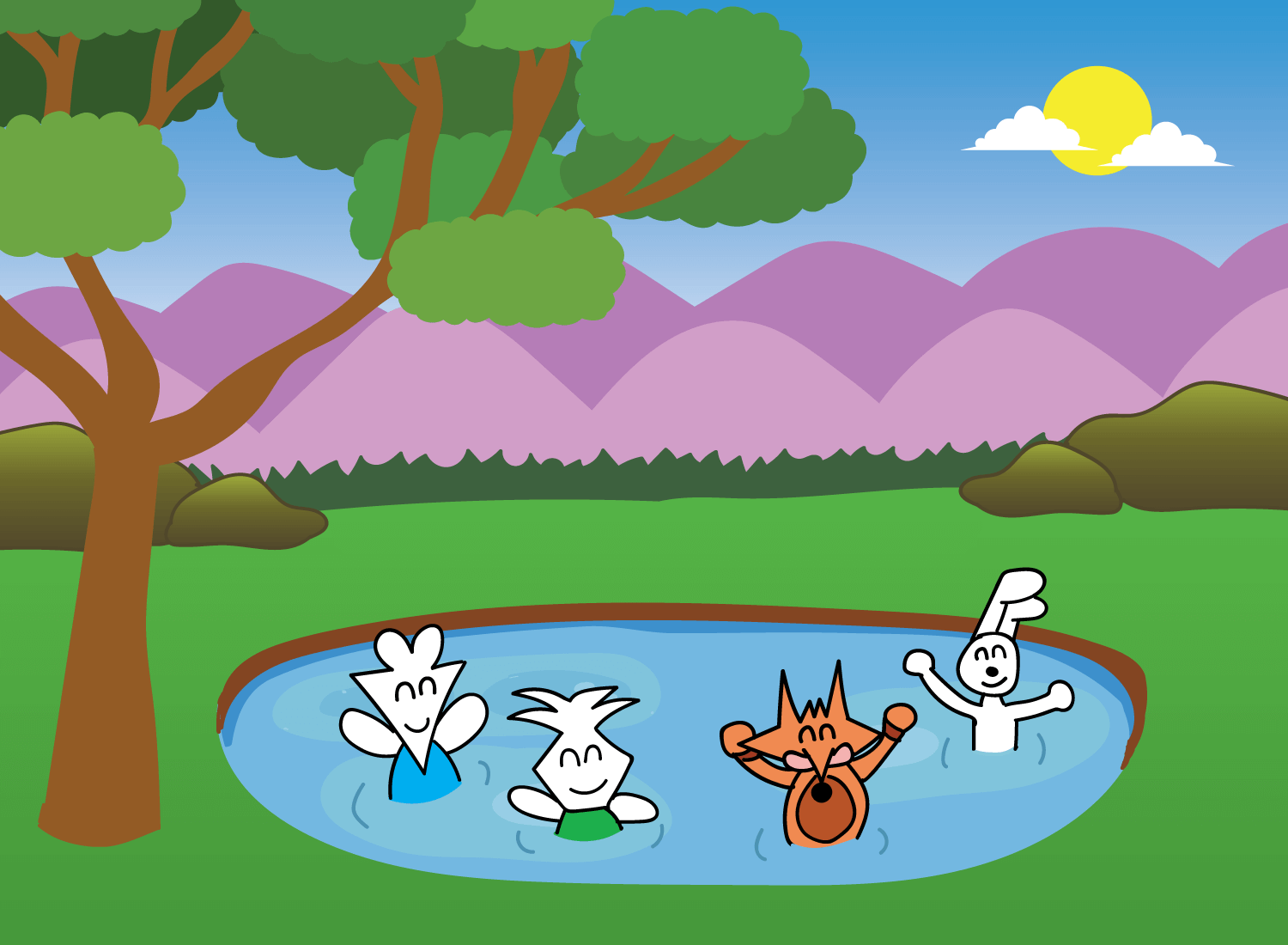Respect Is No Substitute for Love
-William James
-Bill Gates
The idea of leaving behind a legacy is a compelling one. It provides comfort against the burdensome knowledge that we will one day die, constructing an everlasting life that extends beyond the realm of physical existence. Names and accomplishments become surrogates for cells and organs, continuing to spread their impact in a world that the material body has long departed.
Culture is obsessed with this desire to leave some form of perpetual impact, whether it’s on the smaller scale (one’s children, grandchildren, etc.) or on the truly grandiose (millions of people, governments, etc.). Unsurprisingly, it became something that I once bought into as well. When my now-wife, then-girlfriend asked me what I wanted to make of life on our second or third date, I said that I wanted to leave behind a legacy.
Fortunately we were much younger then, so that answer didn’t sound too obnoxious and wasn’t significant cause for alarm.
It’s difficult to tell if growing older (not to be confused with growing wiser) freed me from this desire for legacy, but I’m under no such delusion any more.
One reason this spell has been broken is because history has largely disproven the legitimacy of legacy. Over the course of human existence, countless civilizations have risen and fallen, revolutions have been ignited and quelled, and influential voices have come and gone.
Of all these then-famous and then-powerful people, how many of them matter to you today? How many of them do you think about on a regular basis, let alone one second?
The Qing dynasty was one of the world’s greatest empires. Without the aid of the internet, how many of its emperors can you name?
This reality also applies at the smallest scale as well: the level of one’s family.
You may know your grandfather’s name, but what about your great-grandfather’s? Forget about your great-great-grandfather’s. Do you even know how any of these people spent their time? What they did for a living? What their values were?
The desire to leave behind a legacy is like uploading a ten-minute video of your kid’s piano recital on Facebook. You may think you’re doing it for the benefit of others, but in reality, no one cares about it as much as you do.
However, the more pressing reason behind my dismissal of legacy resides in something else.
When someone is heralded for their lasting impact on the world, it tends to come from the place of respect. It stems from the praise one receives for their accomplishments. The degree of adulation that is poured into any utterance of their name.
Respect is the barometer we use to measure the breadth of one’s legacy, and while this sounds good on its surface, there’s something fundamentally wrong with this norm.
To illustrate the problem, let’s bring in a good friend of ours, LeBron James:
LeBron is a 35-year-old father of three from Akron, Ohio, but you probably know him best as a basketball player for the Los Angeles Lakers. In fact, whenever you talk about him doing anything of interest, he’s probably wearing a jersey, doing something noteworthy with a basketball and a hoop.
LeBron James is undoubtedly a respected public figure, but what is the primary source of that respect? Does it come from his support for various non-profit organizations? Or his views on parenting? Or his advocacy of mental fitness?
Those things may play a role, but let’s face it. If LeBron was an unremarkable player that averaged 2 points a game off the bench, no one would care about any of those other character qualities. The only reason people are interested in LeBron’s non-basketball-related endeavors is because of how well he performs with a basketball in hand.
The problem with respect is that overvalues a select portion of one’s identity, and undervalues everything else. It takes a specific piece of one’s character and turns it into the sole criteria of whether or not respect should ultimately be given. One’s value is limited to the fulfillment of this singular bucket, and everything else is contingent upon that bucket being satisfied.
None of you are LeBron (I think), but this mechanism of respect works in the same way for us all. We have a wide range of things that make us who we are, but respect highlights one specific area and balloons it dramatically.
Consider this Identity Pie for Jim, a writer and father of two:
Jim keeps a small circle of family and friends, so most people that follow his life are readers and peers that enjoy his work as a writer. Many of them respect Jim, but do so without the knowledge of the other elements that comprise his identity.
In the eyes of the readers that follow Jim solely through his work, his once-dynamic Identity Pie has instead become this:
Respect is fragile because of its conditional nature. If Jim’s writing no longer resonated with a reader, they would simply unfollow him, and that would be the end of their relationship. To that reader, it didn’t matter how great of a father he was or how much he loved his community. That single slice of work defined what he meant to them, and if that was no longer fulfilled, that respect was taken away.
The other thing that makes respect so fragile is the way it clashes with other identity pieces that were previously unknown. What if you loved Jim’s work, but found out that he had opinions on other things you vehemently disagreed with?
For example, this is what happened when Kanye West fans learned that he supported Donald Trump. Many of them vowed to never listen to his music again, while others argued that perhaps his art and his politics could be separated. All that respect he garnered from the people who left him vanished instantly.
This is probably why politics and religion tend to be taboo subjects in the workplace. The respect you receive from your employers and peers are dependent upon your performance (and likability) at work, and no one wants to jeopardize that respect by introducing other identity pieces that people may not agree with.
Identity is never about one thing, yet we often treat it as if it were. This isn’t true just for the way we perceive others; it’s also true for the way we view ourselves.
We tend to connect our self-worth to a singular dimension of being, and treat it as a sacred object that defines the entirety of our value. Perhaps it’s the role you have at your job, the progress you’re making as a creator, or the impact you’re building as a community leader. Oftentimes, we latch onto the one thing that garners respect from others, and base our worthiness on how well we’re performing in that realm.
Our addiction to respect has built a monolithic view of identity, but constructed it atop a fragile foundation. We invest all our time and energy building up this tower, only for it to be knocked away at the slightest headwind of doubt and criticism.
To free ourselves from the iron grasp of respect, we must first disentangle our worth from a singular slice. Rather than elevating the importance of just one piece, we must widen our perspective to give every part of the Identity Pie equal weight.
This expansion of our view to encompass one’s entire identity is called love.
Love is a difficult word to define, especially because pop culture has beat it into our heads that it has something to do with romance. But in reality, romance is just another form of respect. Romance takes the singular slice of excitement and overemphasizes the way it characterizes its recipient.
Romance is reliant upon positive emotions. Love, however, is not.
Love is a deep commitment, and is meant to be difficult. If it were easy to do, then of course, it wouldn’t be so precious. In the context of the Identity Pie, there are two processes one must undergo when loving someone, and while they can be arduous, they are ultimately what make it so fulfilling.
[Process #1] Uncover the hidden slices of the Identity Pie
There are many LeBron James fans that will tell you they love the man. They will point to his unparalleled athleticism, the fact that he is a four-time MVP award winner, and the fact that he once led the city of Cleveland to a championship. But as you know by now, that’s respect, not love.
However, they may double down and say that they really do love him wholeheartedly. They may feel a personal connection toward him, what he represents, and the memories associated with his accomplishments. Perhaps they have fond memories of watching the 2016 NBA Finals with their family, and seeing LeBron lift that trophy meant something important to them as a unit. That may sound like a plausible argument, but there’s something deeply flawed about this logic.
You cannot wholly love someone if you haven’t made the intention to uncover all the things that make them who they are. While LeBron may have contributed much to his fans’ personal identities and the way they view the world, they have not done the same for him. They are content with taking his singular slice of identity as a basketball player, and using that to define what he means to them.
In LeBron’s case, much of that has to do with access. I’m sure all of those fans would love to meet the man and get to know him, but he’s LeBron-fucking-James. He has a ton of stuff to do, and would probably prefer to spend his free time with people that actually do love him, instead of those that merely respect him.
The interesting thing, however, is that LeBron’s Identity Pie may look remarkably similar to those that we already have a relationship with. Not in regard to the pie’s contents, but in the ratio of “What We Respect Them For” versus “What We Don’t Know About Them”:
We don’t know much about LeBron outside of his public life, but we may not know much about our cousin outside of his life as a successful entrepreneur either. With LeBron, that’s the result of a lack of access, but with our cousin, that’s the result of a lack of intention.
When you think about your closest relationships, they are likely defined by how much of the Identity Pie has been revealed to one another. For your closest friends, you don’t view them as reputable employees of the companies they work for. In fact, that’s probably the last thing that comes to mind when you think of them.
Instead, you know them for the ups and downs they share about their lives. For the wonderful things you’ve learned from them about family life. Their moral center and the lens they use to view the world.
These parts of one’s identity do not come from a simple hangout or two. They are revealed through a combination of vulnerability, curiosity, and intention – all of which are used to chip away at the brick walls that shield the rest of one’s Identity Pie. This takes a lot of mutual effort to initially crack through, but the more you reveal about yourself, the easier it is for the other person’s walls to come down accordingly.
This process of uncovering the hidden slices is the first step to love. It conveys an understanding to your loved one that they are more than that single thing people tend to associate them with. It’s a commitment to going deeper, and reassuring them that it’s okay to share the things that are difficult as well.
Because believe me, not everything in the pie is a pretty sight.
[Process #2] Learning to love the uglier parts of the pie
We all know that one person who’s excited, happy, and positive about everything.
If you’ve never seen this person go through a rough patch, then chances are you can only access one slice of his Identity Pie.
Because as the walls come down and more parts of someone are revealed, the reality of imperfection begins to unfurl. While the single, respect-driven slice can appear polished and beautiful, it’s inevitable that the rest of the pie will have slices that are unkempt, tarnished, and downright difficult.
Once these ugly slices are revealed, how will you respond?
Here is where the difference between respect and love becomes clear. Respect is based on the stability of a single positive trait, so if an unfavorable quality is introduced, it will negatively impact the way you regard that person as a whole.
Love, on the other hand, is about understanding the fallibility of those closest to you, and making a commitment to address those difficulties. When an ugly slice of the pie is revealed, the impulse is not to dismiss the person, but to offer your hand in traversing the troubled waters together.
The most common example of this would be the relationships you have with your family members. What makes love particularly unique here is that you can’t choose your family; free will is a laughable concept when you look at the people around you at the holiday dinner table. It’s hard to imagine being friends with your parents, siblings, and cousins if you had the choice, but here they are, fulfilling their roles as the most important people in your life.
Learning how to embrace a sibling with completely different interests and life perspectives is challenging, but that challenge is ultimately what makes it so worthwhile. This type of love forces you to stretch your preconceived boundaries of compassion and understanding, which yields lessons that you can apply to other people as well.
Apart from your family, the other folks that may share your love are your friends. The texture of love here is different from the familial one, particularly because the element of choice is now at play. Your collective history didn’t start at anyone’s date of birth, but more so from a specific life stage that you once shared.
Friendships are generally easier to let go of than familial bonds, but the closest ones are of utmost importance to maintain and grow. Love is crucial here because deep bonds require vast openness, or the ability to reveal more of each other’s Identity Pies. The ugly slices tend to revolve around problems with the self rather than with one another1, with some well-known issues being self-doubt, esteem, and confidence.
When these hidden slices are shared, your friendship is given the opportunity to move from the domain of respect to that of love. If both parties feel that they could reveal their Identity Pies without judgment, a fruitful relationship begins with love as its foundation, while the conditional one based on respect is faded away.
But the further we move away from family and friends, the more difficult it is for love to define those relationships. The bonds you have with your co-workers may get close, but if you find out they’re difficult to work with or are unreliable performers, you will be quick to dismiss them. Respect is in the driver’s seat in the workplace, and character flaws only serve to diminish your role there.
And of course, when it comes to your “relationship” with public figures, love doesn’t stand a chance. Respect is king here, and everything is contingent upon their single piece of identity thriving. I still remember the moment in 2010 where LeBron announced that he would be leaving the Cleveland Cavaliers to play for the Miami Heat. Upon hearing this news, droves of Cavaliers fans that once “loved” him took to the streets and literally burned his jerseys in anger.
If that’s love, I don’t want any part of it.
The Delicate Dance Between Love and Respect
Respect is a more disposable commodity than love, but that doesn’t mean it’s not important. In our day-to-day lives, there are certain parts of our identity that need to take precedence over others at any given moment.
If I were to map respect and love onto the social circles we’re a part of, it might look something like this:
When you’re at work, your value is determined by how well you perform there, so it’s important to have the respect of your peers and bosses. It would be odd to come into the office looking to be loved, knowing that hard work and discipline are the overarching rules there.
Similarly, as a writer, I need to create good content to earn the attention of my readers. Without that proof of work, you wouldn’t even be here in the first place, wondering what I have to say on this topic. The same applies for any line of work across any number of disciplines.
However, if the desire for respect becomes too large, it is inevitable that love will gradually become an afterthought. You will fall into the trap of tying your self-worth to that single slice of Identity Pie, and will ignore the importance of tending to all the other pieces as well. This can create the feeling that no one understands you for who you really are, which slowly forms that sinking pit we call loneliness.
Loneliness is the poverty of love, and it can hit even the most respected people.
We often wonder why the rich and famous commonly deal with crippling depression and substance abuse, but viewing it from the lens of love vs. respect will likely reveal the answer. Ultimately, it doesn’t matter how much you’re respected if you don’t feel loved. Believing that you have to hide your entire Identity Pie from everyone must be extraordinarily difficult, and this can break even the most brilliant of minds.
Oscillating between the domains of respect and love can be tricky, but in the long run, it’s clear that one prevails over the other.
Respect is a commonly used tool that can propel your status, but love is the rare, internal warmth that will keep you grounded. Respect is the conditional approval that is distributed by the masses, but love is the enduring force that is only shared with a few.
When we think of leaving behind a legacy, we often measure it by the vastness of the ocean we want to swim in. But in reality, your legacy will live in the depths of the small pond you share with the people that matter most.
_______________
_______________
Related Posts:
The Four Ancestral Wants: A Brief Dive Into the Nature of Desire
